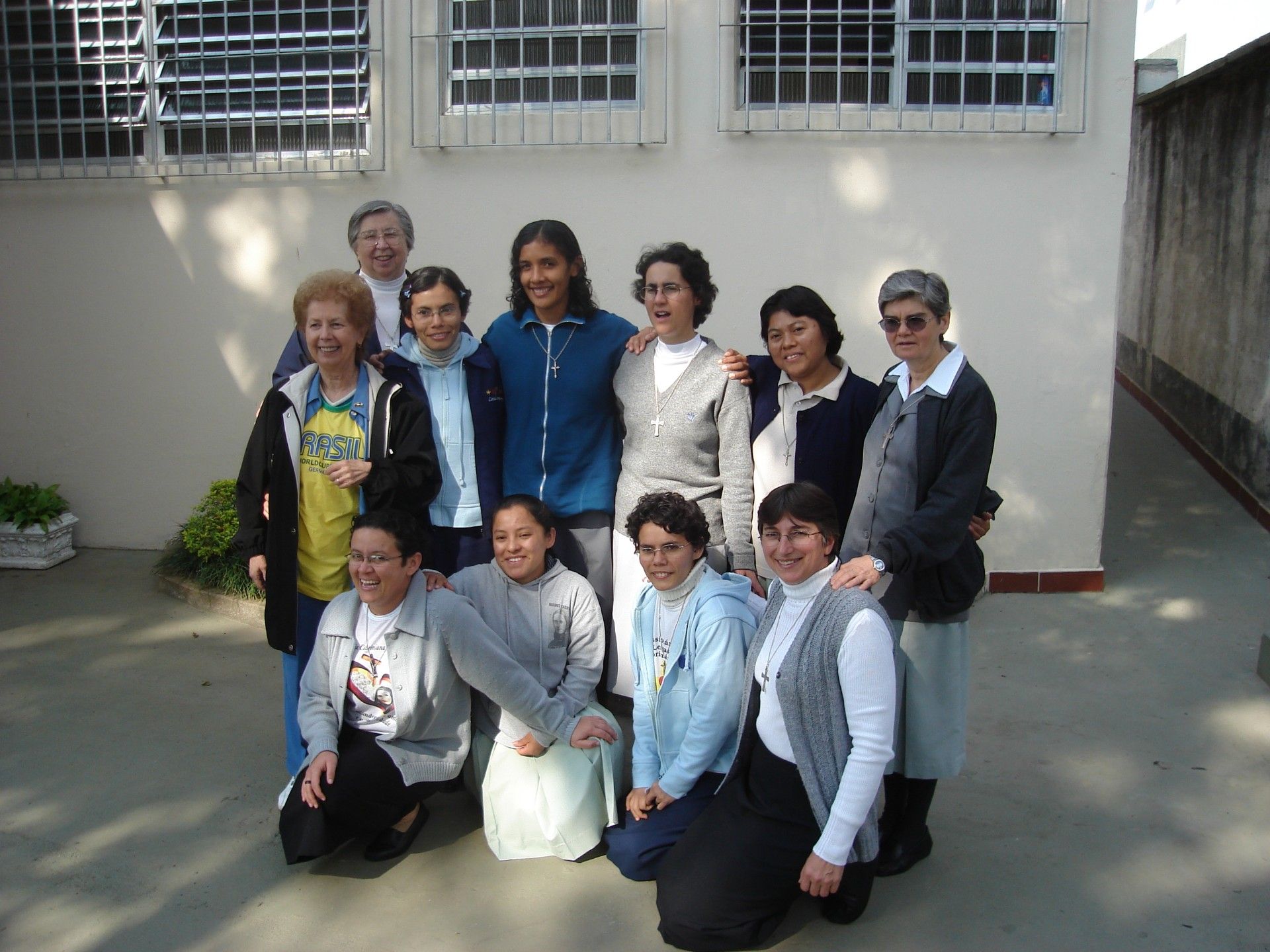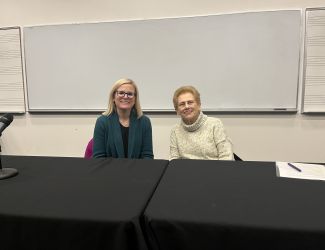Cabrini’s proud motto, “Education of the heart,” pledges a commitment to social justice and the greater good and the creation of legacy and purpose in every student it touches. The Loquitur’s ties to social justice came to fruition through Cabrini faculty’s efforts to shape a curriculum with a lasting impact.
The beginning of social justice education
Former communication professor Dr. Jerome Zurek explained that in the 1970s many colleges downplayed their Catholic identity to draw in a larger student population. At the time, Cabrini only had about 400 students. Some questioned if Cabrini’s Catholic and Italian connotations dissuaded potential students from enrollment. “When I began teaching, we were actually thinking of changing the name of the college to Radnor College,” Zurek said.
Dr. Sharon Schwarze, former philosophy department chair, helped pave the path for a new justice-focused curriculum. In 1989, Cabrini introduced the SEM 300 course. Its previous course, SEM 100, dealt with identity, helping students understand who they are and their role in the community. The new 300 course requirement introduced community engagement to students through hands-on learning opportunities.

Schwarze commented, “Social justice was part of that ‘89 curriculum, but it wasn’t as explicit as it was later on.”
She said, “It was a little bit different from what other people were doing. I don’t know that other schools actually had any kind of curriculum demand to think about the common good. And I think we still have problems in our own country, trying to think about the common good today.
Dr. Dawn Francis, chair of the communication department and 1993 graduate, agreed, “If more of us thought about the common good, we’d be better off, or more people would be better off.”
Francis experienced the curriculum firsthand, “Service learning is really how I would term it, but with an emphasis on understanding more of the root causes and the context for why it is you are going out into the community to do service.“ While in college, Francis volunteered in an after-school literacy program for Philadelphia youth. She also volunteered for a literacy program for children and adults in Norristown.
A second implementation
Despite the course’s introduction, it still fell through the cracks in some ways. Occasionally, the Loquitur would publish an article about racial or LGBTQ+ issues. However, few of its pages, if any, were dedicated to social justice. There was also little focus on Mother Cabrini’s mission and her story as the patron saint of immigrants.
SEM 300 wasn’t the end of the faculty’s push for social justice education. In 2002, Francis, Zurek, and other staff worked on designing and implementing the Justice Matters program as curriculum committee members.
Francis said, “It truly does tie back to our institution’s mission and Mother Cabrini’s works of service, you know, all throughout the globe; how she used her whole life to be a model for how to serve others and care for others and educate others’ hearts. It was totally in line with our mission and who Mother Cabrini is.“

Francis explained the importance of using gifts and talents in service of others, “I really think it’s important to understand that we’re a part of one human family. And that what we do has ripple effects on, you know, people who are local to us, and also across the globe. decisions we make every day impact others in really important ways. And we really should understand our responsibility and our role in that.”
Similarly, Zurek took notice of the Missionary Sisters of the Sacred Heart of Jesus’ work in developing countries; tackling issues no other Catholic institutions ever discussed. For example, Zurek pointed out how the Cabrini sisters ran a daycare called Centro Social da Criança Mafre Cabrini in São Paulo, Brazil around 2005. The daycare was specifically intended to care for the children of sex workers.
The Loquitur’s new era takes off
In 2009, the faculty’s efforts to implement the Social Justice Matters curriculum finally paid off. Education for the Common Good courses were born and served as a catalyst for the Loquitur’s new chapter.
The newspaper flourished publishing stories that made a difference; with articles spreading awareness about issues such as mental health, LGBTQ+ discrimination, immigration reform, global warming, human trafficking, homelessness, global food insecurity, and much more.
Zurek said, “It’s one thing for us to learn through our head and another thing to learn with our heart. That’s when you can really teach what you believe.”






